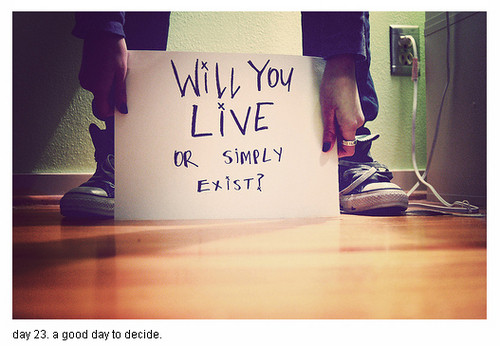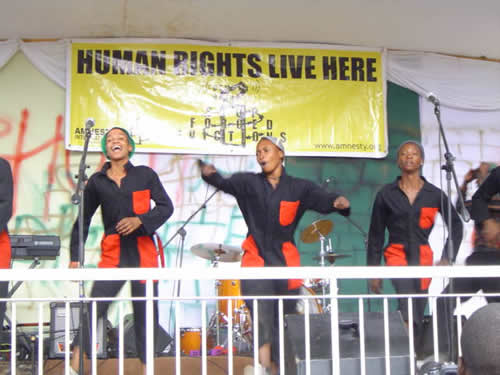Looking in the mirror
Monday, October 10th, 2011 by Varaidzo TagwireyiThere are so many Zimbabwean women who don’t like what they see when they look in the mirror. They look at their skin, and wish it would be lighter and brighter, because they believe that then, they will be prettier. Even when I was in high school, it was commonly believed that if a girl (or guy, come to think of it), was light, they were automatically more attractive. This really used to frustrate me, as I thought that some of these “pretty” girls really weren’t pretty at all. It’s attitudes, and silly beliefs like this, that I thought people left behind, when they finished high school, but it seems this that is one belief that haunts so many of Zimbabwe’s women, throughout their lives.
When you look in the mirror and see something you don’t like, it really bothers you, right? You try all you can to remedy it. If it’s a pimple, you try squeezing, drying it with toothpaste and all manner of face washes, masks and creams. You do everything you can to get things back, just the way you like them. In the same way, a lot of women are doing everything in their power to remedy their complexion “problems”. I can’t help but think that, while some of us looked at Michael Jackson’s pasty skin and chastised him for how he had gone too far with the lightening creams, there were many among us who secretly envied him, and longed to know his secret. Now, Zimbabwean women have skin lightening secrets of their own. Illegal and controlled legal substances, that drastically change the appearance of the skin, making it light and bright. The most popular of these are Diprosone ointment and Hydroquinone – oral tablets and creams. Below are the dangerous facts about these drugs. Facts that so many of our women choose to ignore:
Diprosone is a topical corticosteroid, commonly used to relieve the effects of eczema and other skin irritations, due to its anti-inflammatory qualities. This prescription-only substance is however, only used on a short-term basis, as it can cause real, lasting damage to the skin. Many women ignore the recommended dosages and opt to use it daily, as a skin lightener, and to promote hair growth. Prolonged use, or in this case, misuse makes the blood vessels more prominent, can lead to bacterial infections, causes the skin to eventually degenerate, making it thinner, more fragile and susceptible to bruising, then eventually, skin cancer, liver damage, kidney damage or poisoning. Hydroquinone tablets and creams work by basically lessening the concentration of melanin in the skin. It banned in many countries around the world. The long term side-effects are the similar to those mentioned above. One can also begin to get blue-black pigments are deposited onto the skin, (I’m sure you may have seen some unnaturally light women in Harare, with purplish lips).
It is clear that these are very dangerous substances, even in the right hands. So, where are women getting these substances? Well, getting these prescription drugs is easier than you think. One can even get them from their hairdresser, or in some of the Nigerian shops in Harare’s Gulf complex. The dream of lighter, brighter, (and eventually whiter), skin is one that can now come true for the women of Zimbabwe. More and more women are taking the plunge and taking their skin on the road to disaster and ruin. The side effects I mentioned earlier will happen to all its users, eventually.











